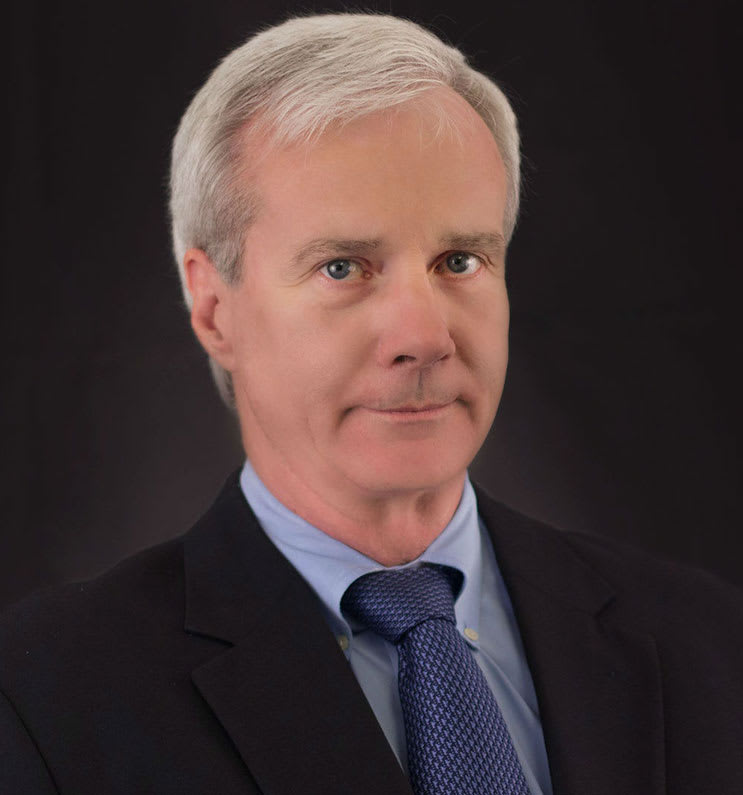
James F. McDonough
Of Counsel
732-568-8360 jmcdonough@sh-law.comFirm Insights
Author: James F. McDonough
Date: August 15, 2013

Of Counsel
732-568-8360 jmcdonough@sh-law.comThe lack of liquidity is a serious problem in the administration of an Estate, especially for a fiduciary with the potential for personal liability. The lack of liquidity can arise from no planning, illiquid assets or an unforeseen change in circumstances or market conditions. Federal estate tax is due nine months after death; however, it may not be possible to sell assets within that period. The dramatic decline in market values after death or the valuation date creates severe problems as seen below.
The New Jersey case, Estate of Turco, illustrates how adverse market conditions can harm an estate. The decedent died in March 2005 (or six months later with alternate valuation) and the appraisals of the estate produced a $30,000,000 gross estate for federal tax purposes. You may recall the tightening of the credit markets in 2007, followed by the collapse of Lehman Brothers in 2008. The estate is obligated to pay an estate tax calculated on asset values that could not be realized in the current marketplace.
There are two other important facts to note. First, there was $4.5m of life insurance that was paid to trusts for the decedent’s grandchildren, who were designated as the primary beneficiaries of the proceeds. Second, the Will required that all taxes were to be paid from the residuary estate.
The court declared the estate insolvent at the administrator’s request. The administrator requested that he be authorized to clawback funds from the non-probate assets and specific bequests. The Court held that it was too soon to consider clawback and instructed the administrator to seek a compromise with the IRS before requesting such authority.
The court’s opinion noted that the administrator did not have the statutory power under federal or state law to recover taxes from non-probate assets, especially where there is a specific clause in the Will instructing on the source of funds for payment of taxes.
The nightmare for advisors is the rapid decline in asset values without the corresponding liquidity. One must remember the grandchildren’s trust received life insurance proceeds which are non-probate assets. Clearly the grandchildren are better off having been named as primary beneficiaries of the policies and receiving the proceeds directly rather than through the estate. This group also benefits from the absence of statutory authority that would permit the fiduciary from pursuing non-probate assets.
Whether the IRS will refuse to compromise the tax bill and whether it will push the administrator to clawback funds from the trusts will be the next installment. The government has its own statutory authority to collect taxes from transferees, which the court did not address.
No Aspect of the advertisement has been approved by the Supreme Court. Results may vary depending on your particular facts and legal circumstances.

Cryptocurrency intimidates most people. The reason is straightforward. People fear what they do not understand. When confusion sets in, the common reaction is either to ignore the subject entirely or to mistrust it. For years, that is exactly how most of the public and even many in law enforcement treated cryptocurrency. However, such apprehension changed […]
Author: Bryce S. Robins

Using chattel paper to obtain a security interest in personal property is a powerful tool. It can ensure lenders have a legal claim on collateral ranging from inventory to intellectual property. To reduce risk and protect your legal rights, businesses and lenders should understand the legal framework. This framework governs the creation, sale, and enforcement […]
Author: Dan Brecher

For years, digital assets operated in a legal gray area, a frontier where innovation outpaced the reach of regulators and law enforcement. In this early “Wild West” phase of finance, crypto startups thrived under minimal oversight. That era, however, is coming to an end. The importance of crypto compliance has become paramount as cryptocurrency has […]
Author: Bryce S. Robins

Earlier this month, the U.S. Supreme Court issued a decision in Ames v. Ohio Department of Youth Services vitiating the so-called “background circumstances” test required by half of federal circuit courts.1 The background circumstances test required majority group plaintiffs pleading discrimination under Title VII of the Civil Rights Act to meet a heightened pleading standard […]
Author: Matthew F. Mimnaugh

Special purpose acquisition companies (better known as SPACs) appear to be making a comeback. SPAC offerings for 2025 have already nearly surpassed last year’s totals, with additional transactions in the pipeline. SPACs last experienced a boom between 2020–2021, with approximately 600 U.S. companies raising a record $163 billion in 2021. Notable companies that went public […]
Author: Dan Brecher

Merging two companies is a complex legal and business transaction. A short form merger, in which an acquiring company merges with a subsidiary corporation, offers a more streamlined process that involves important corporate governance considerations. A short form merger, in which an acquiring company merges with a subsidiary corporation, offers a more streamlined process. However, […]
Author: Dan Brecher
No Aspect of the advertisement has been approved by the Supreme Court. Results may vary depending on your particular facts and legal circumstances.
Consider subscribing to our Firm Insights mailing list by clicking the button below so you can keep up to date with the firm`s latest articles covering various legal topics.
Stay informed and inspired with the latest updates, insights, and events from Scarinci Hollenbeck. Our resource library provides valuable content across a range of categories to keep you connected and ahead of the curve.
Let`s get in touch!
Sign up to get the latest from the Scarinci Hollenbeck, LLC attorneys!